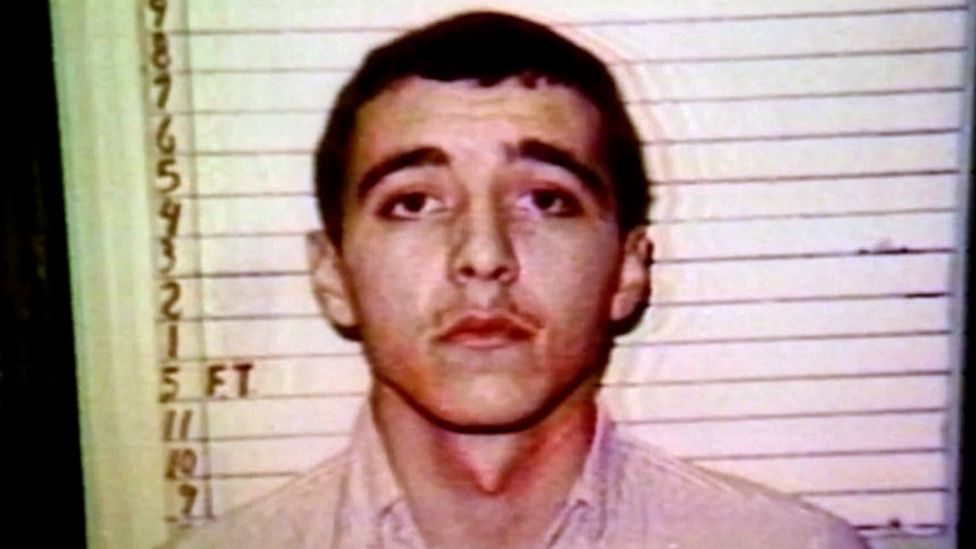-

-
-
Loading

Loading

The state of Alabama has executed convicted murderer Kenneth Eugene Smith using nitrogen gas, marking the first time this controversial method has been used in the United States. Smith, who was 58 years old, had exhausted all appeals to the Supreme Court and a federal appeals court, arguing that the execution constituted cruel and unusual punishment. This execution by nitrogen gas comes after an unsuccessful attempt to carry out Smith's lethal injection execution in 2022. Smith was convicted in 1989 for the murder-for-hire killing of a preacher's wife, Elizabeth Sennett. With this execution, Smith becomes the first person in the US and the world to be put to death using pure nitrogen gas, as confirmed by the Death Penalty Information Center. Alabama authorities stated that Smith would lose consciousness within seconds and die within a matter of minutes due to the breakdown of cells caused by breathing the gas without oxygen. While some medical professionals criticized the use of this method, asserting that it could lead to various catastrophic incidents such as violent convulsions or leaving the individual in a vegetative state, Alabama and two other US states have approved the use of nitrogen hypoxia as an alternative method due to difficulties in obtaining the drugs required for lethal injections, leading to a decrease in the use of the death penalty nationwide. Five members of the media were present at the Holman Correctional Facility in Atmore to witness Smith's execution. According to witnesses, Smith expressed gratitude for the support he received, stating, "Tonight Alabama causes humanity to take a step backwards. Thank you for supporting me. Love all of you." As the gas began to flow into his mask, he smiled, nodded toward his family, and expressed his love for them in sign language. Witnesses reported that he experienced two to four minutes of writhing and five minutes of heavy breathing before passing away. Alabama Governor Kay Ivey, who did not attend the execution, released a statement confirming Smith's death. She referred to the case finally being concluded and offered prayers for closure for Elizabeth Sennett's family, who had suffered a great loss. Alabama's Attorney General Steve Marshall defended the use of nitrogen gas, describing it as an effective and humane method of execution, countering the dire predictions made by activists and the media. The Supreme Court denied Smith a last-minute reprieve, with three liberal justices dissenting from the majority ruling. Justice Sonia Sotomayor expressed concerns, stating that Alabama had chosen Smith as its "guinea pig" to test an unproven execution method, emphasizing that the world is watching. In the final 48 hours leading to his execution, Smith received visits from his family, two friends, his spiritual adviser, and his attorney. He had a breakfast consisting of biscuits, eggs, grape jelly, applesauce, and orange juice. For his last meal, he had steak and eggs with hash browns. This execution followed a previous unsuccessful attempt at lethal injection two years ago when Alabama was unable to locate a vein before the death warrant expired. On Wednesday night, the Supreme Court declined to intervene in response to another challenge related to Smith's case, without any publicly dissenting justices.